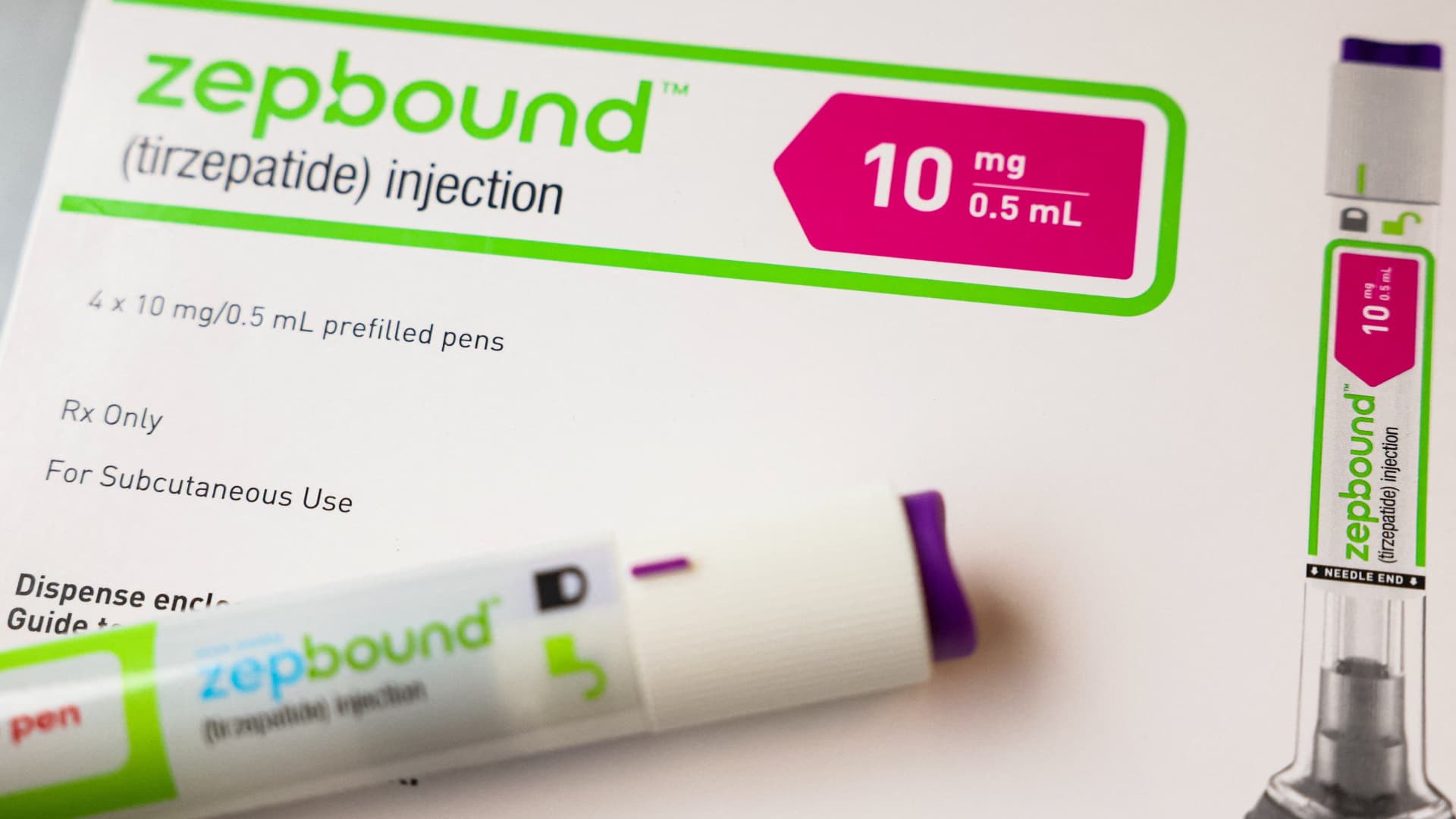Eli Lilly Files Lawsuit Against Telehealth Platforms Over Compounded Medications
Pharmaceutical giant Eli Lilly has launched legal action against four telehealth platforms for allegedly selling compounded versions of its popular weight-loss and diabetes drugs, Zepbound and Mounjaro. The lawsuit, filed in a U.S. federal court this week, highlights growing tensions between drug manufacturers and digital health providers over intellectual property rights and patient safety concerns in the booming telehealth market.
Why Eli Lilly Is Taking a Stand Against Compounding Pharmacies
Compounded medications—custom-made drugs that alter FDA-approved formulas—have become increasingly prevalent as demand for GLP-1 receptor agonists like Zepbound outpaces supply. While compounding is legal under specific circumstances, Eli Lilly contends these telehealth companies crossed the line by:
- Misrepresenting compounded drugs as equivalent to branded medications
- Using Lilly’s trademarks without authorization
- Potentially compromising patient safety with untested formulations
“When telehealth providers skirt regulations, they create unnecessary risks for patients who may receive medications without proper medical oversight,” said Dr. Alicia Thornton, a pharmaceutical ethics researcher at Johns Hopkins University. “This case could set important precedents for how digital health platforms operate.”
The Rising Demand for Weight-Loss Drugs and Telehealth’s Role
The global market for GLP-1 drugs is projected to reach $100 billion by 2030, according to Morgan Stanley research. This explosive growth has led to:
- Widespread medication shortages (FDA reports 15+ GLP-1 drugs currently in shortage)
- Proliferation of online prescribing platforms (600% increase in telehealth prescriptions since 2019)
- Growing concerns about inappropriate prescribing practices
“Telehealth has democratized access to care, but it’s also created gray areas in pharmaceutical regulation,” noted healthcare attorney Mark Reynolds. “Companies walking the line between innovation and compliance need clearer guardrails.”
Legal and Ethical Implications of the Lawsuit
Eli Lilly’s complaint alleges trademark infringement, false advertising, and unfair competition. The case hinges on whether the telehealth platforms:
- Properly disclosed the compounded nature of medications
- Followed state and federal compounding regulations
- Maintained appropriate physician oversight
Industry analysts suggest this could be the first of many such cases. “As more blockbuster drugs face shortages, we’ll see increasing battles between manufacturers and compounding channels,” predicted pharmaceutical analyst Naomi Chen. “The outcome could reshape distribution models for high-demand medications.”
Patient Safety Concerns Take Center Stage
Beyond intellectual property issues, the lawsuit raises critical questions about medication safety. Compounded versions may differ from branded drugs in:
- Active ingredient purity (variations up to 33% found in some studies)
- Delivery mechanisms (some use unapproved salt forms)
- Sterility and manufacturing standards
“Patients assume they’re getting the real thing,” said endocrinologist Dr. Raj Patel. “Without proper labeling and oversight, they could experience unexpected side effects or reduced efficacy.”
What This Means for the Future of Telehealth Prescribing
The lawsuit arrives as regulators increase scrutiny of digital health platforms. Recent developments include:
- FDA warnings about compounded semaglutide (June 2023)
- DEA proposals to tighten telehealth prescribing rules (February 2024)
- Multiple state investigations into online weight-loss clinics
Telehealth advocates argue the industry needs reasonable standards rather than blanket restrictions. “Responsible platforms provide crucial access for underserved patients,” said American Telemedicine Association CEO Kyle Zebley. “We support measures that target bad actors without stifling innovation.”
Next Steps in the Legal Battle and Industry Response
Legal experts anticipate the case could take 12-18 months to resolve, with potential outcomes including:
- Financial settlements with the telehealth defendants
- Revised marketing practices for compounded medications
- New guidelines from medical boards and regulatory agencies
For patients, the situation underscores the importance of verifying medication sources. “Always ask whether you’re receiving FDA-approved drugs or compounds,” advised Dr. Thornton. “Your healthcare provider should clearly explain the differences and potential risks.”
As the telehealth industry matures, this landmark case may prompt much-needed clarity around digital prescribing standards. Patients and providers alike should stay informed about developments that could affect access to essential medications.
For the latest updates on pharmaceutical regulations and patient safety guidelines, subscribe to our healthcare policy newsletter.
See more WebMD Network



